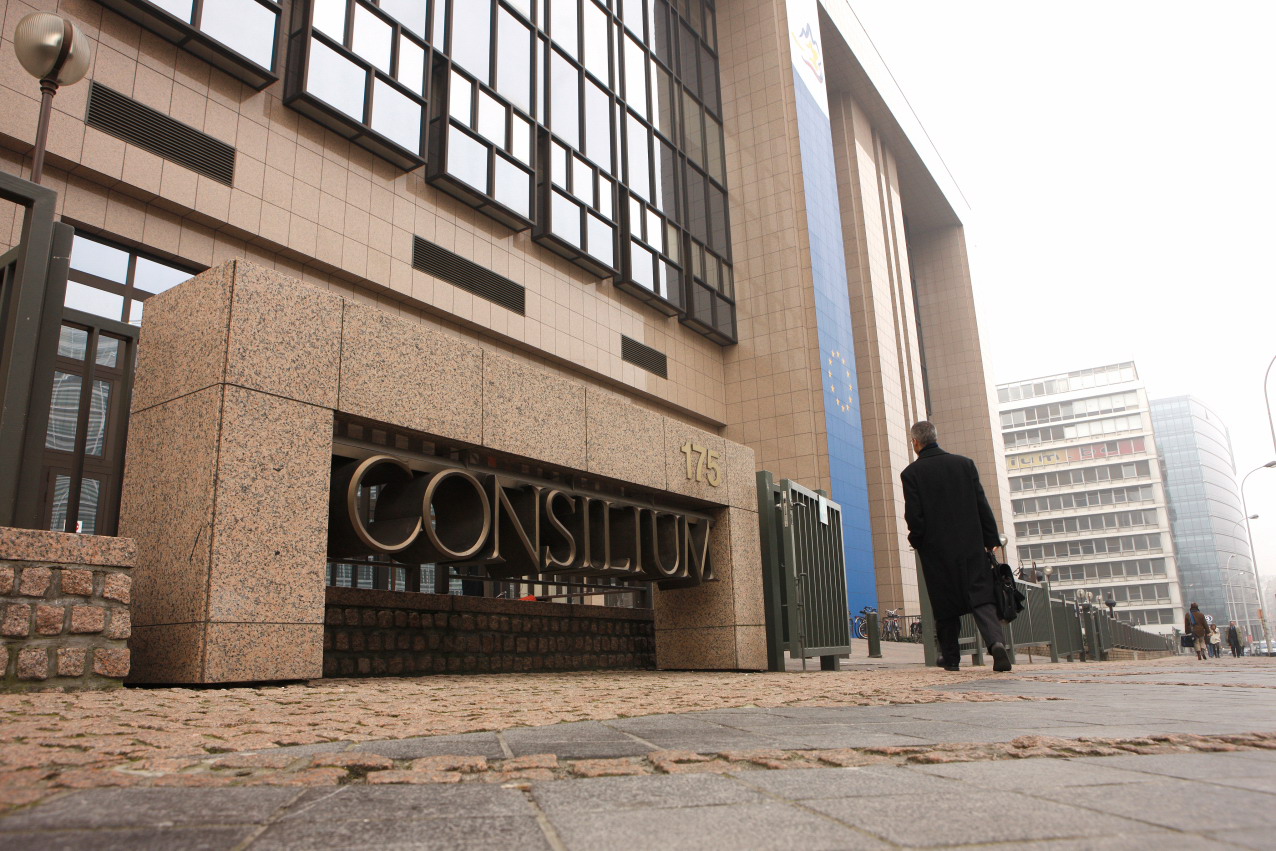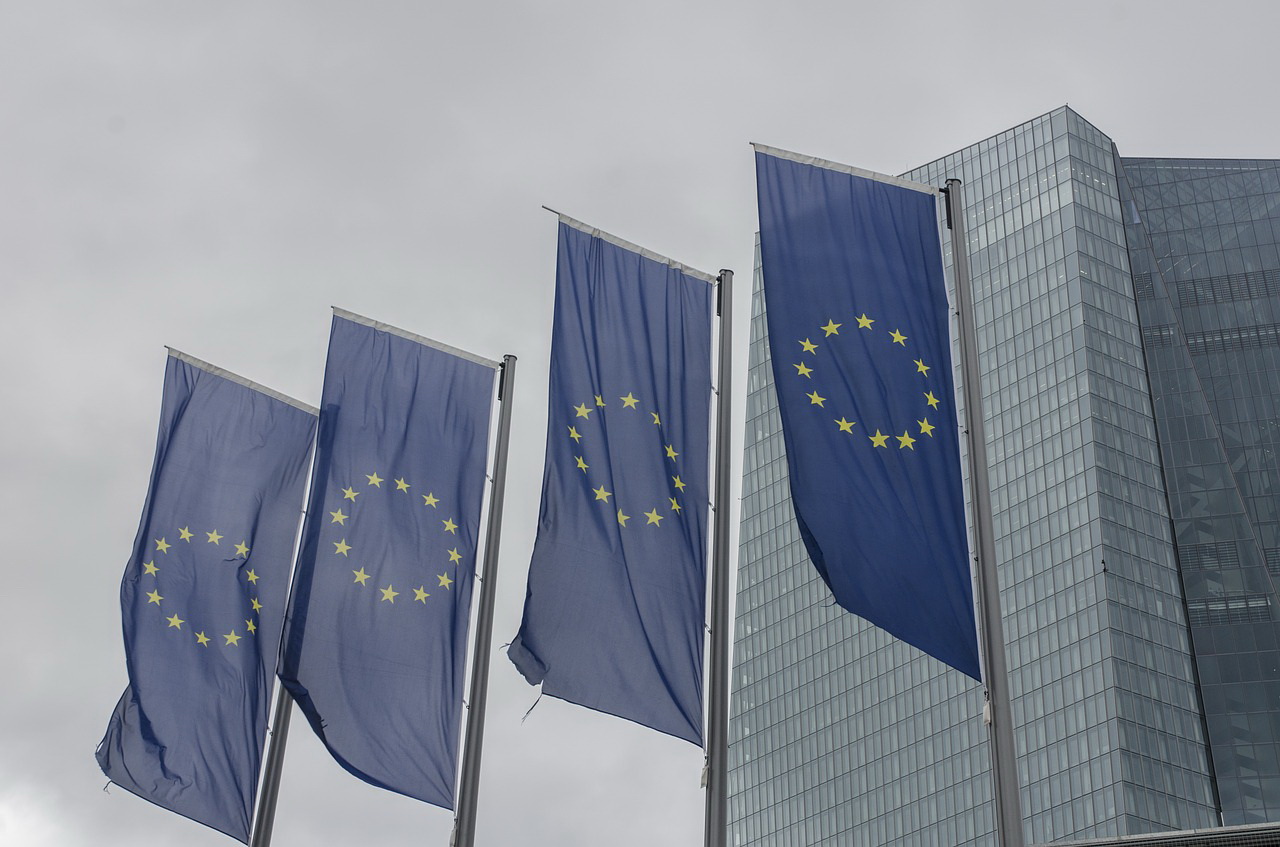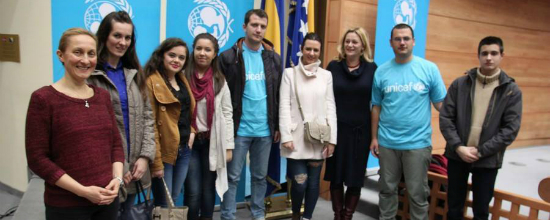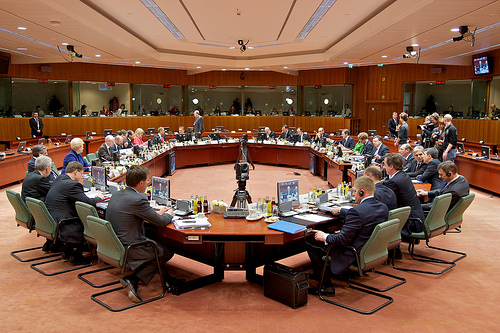POLITHEOR
European Policy Network
Blog 3 Columns
- Home
- Blog 3 Columns

The actual effects of changing formal voting rules in the Council0
- Analysis, EU Governance and Politics
- 30/12/2014
In a recent article conveyed by Politheor.net, Attila Marján put forward numerous assumptions concerning the change of the blocking and policy-shaping power of the Visegrad Group – V4 (Czech Republic, Hungary, Poland, Slovakia) in the post-Lisbon era of the Council of the European Union (Council). The author voiced his concerns amid the most recent changes in the Council voting system ushered in by the 2009 Lisbon Treaty, only to be implemented this November.
READ MORE
It takes two to tango0
- International Relations and Global Affairs, Op-ed
- 29/12/2014
On 15th December, the Chinese Prime Minister Li Keqiang shook hands with his Serbian counterpart opening a transit bridge that is to connect two, up to that point, divided sides of Belgrade. The bridge built by the joint effort of the Chinese and Serbian construction workers, engineers and architects, costs 226 million US Dollars. It was one the largest Chinese investments in Eastern Europe until only recently. In fact, when first announced, this project was the largest Chinese infrastructural investment in Europe as a whole.
READ MORE
The New EU Voting system – the old west-east north-south division0
- Analysis, EU Governance and Politics
- 23/12/2014
Economic governance reforms and Eurozone consolidation has significant institutional and political consequences: a multiple-tier integration is ever more realistic. „Out” countries seek to mitigate the negative impact of these developments. In this respect V4 – Visegrad countries differ a lot: Slovakia, a relative latecomer in economic reforms is part of the currency union. Poland, Hungary and the Czech Republic are not Euro-members. But even this sub-group is divided: Poland intends to join whenever requirements are fulfilled while the Hungarian and the Czech governments are cool on accession. At the same time, further economic federalisation in the Eurozone is to come. Against this background, the question whether a long-term “great divide” among V4 group countries in relation to their EU policies and consequently their future situation in the rapidly altering EU will be maintained, is of key importance.
READ MORE

2014 UN Climate Conference in Lima, Peru: Same Old, Same Old0
- Analysis, Environment and Energy
- 15/12/2014
The 2014 UN Climate Talks leave once again a bad taste in the mouth of many after the Lima Accords were passed on Saturday night in Lima, Peru. The devils of the past are, unfortunately, still alive. A usual impasse has marked every single UN Climate Conference ever since the groundbreaking Rio Summit in 1992, and the Lima Talks are no exception. On the contrary, the UN Climate Conference in Lima has, as no event before, demonstrated the sluggishness of the international community in acting together on climate change and has exposed the radical disbalance in standpoints between the rich North and poor South. In case someone expected a global breakthrough in tackling climate change in Lima, I have to disappoint you. This was the wrong place to visit.
READ MOREDan kada je student postao subjekt0
- Op-ed
- 11/12/2014
Na Fakultetu političkih nauka u Sarajevu, jedna omanja grupa studenata ‘okuražila’ se da kroz program edukacije i obuke pokrene studentski časopis i web platformu.
READ MORE
The Case for Governmental Regulation of Net Traffic (Part I)0
- Digital Policy and Internet Governance, Op-ed
- 02/12/2014
Stepping onto the battlefield that rages over the issue of net neutrality, even as an observer, is enough to make your head spin. There is a vast amount of often contradictory information to process, with each faction that provides it chanting vigorously in defense of their own viewpoint. Soon you realize that each outcry sounds roughly the same, some version of “if our plans are not enacted, the beautiful internet you have come to love will be controlled and damaged by the wrong people, and end up just a shadow of its current self”.
READ MORE

“In the second round we will take our country back”0
- International Relations and Global Affairs, Op-ed
- 26/11/2014
The mandate of the Romanian president Traian Băsescu will end this December, so a first round of new presidential elections was scheduled for November 2nd. Shortly before the elections it was clear that there will be a second round, as none of the 14 candidates would have managed to obtain 50% of the votes.
READ MORE
A Lesson in Civic Education0
- International Relations and Global Affairs, Op-ed
- 20/11/2014
Minutes from the Youth Parliament Session – Bosnia and Herzegovina
READ MORE
“Consensus in EU politics has become almost an end in itself”0
- EU Governance and Politics, Interview
- 12/11/2014
Interview with a Professor of EU governance from Central European University, Mr. Uwe Puetter
READ MORE